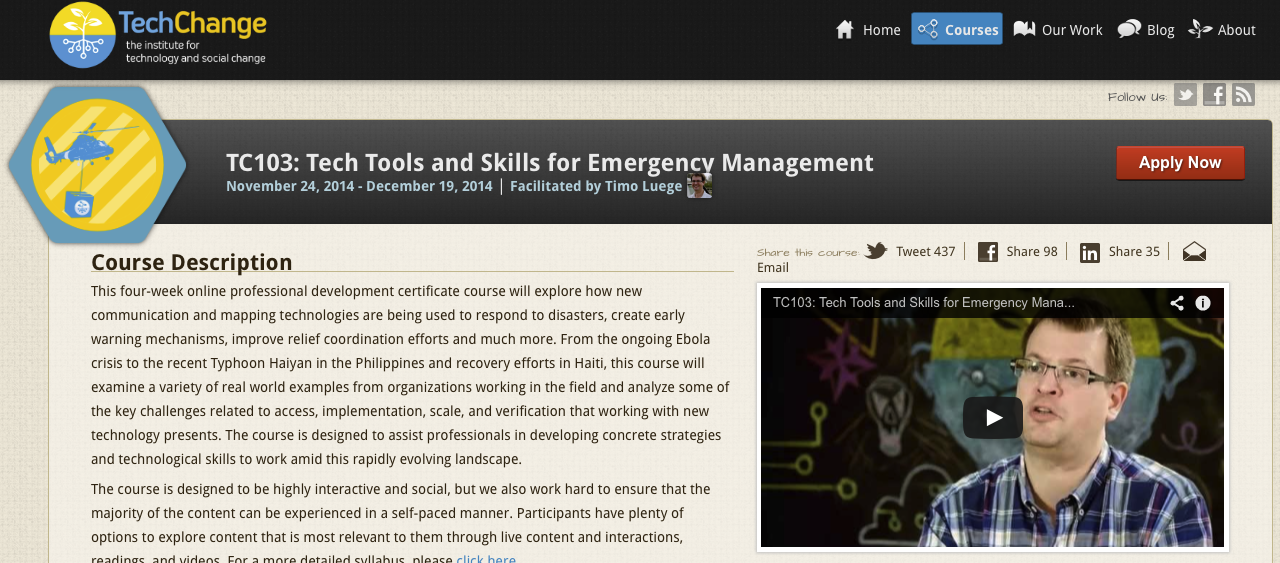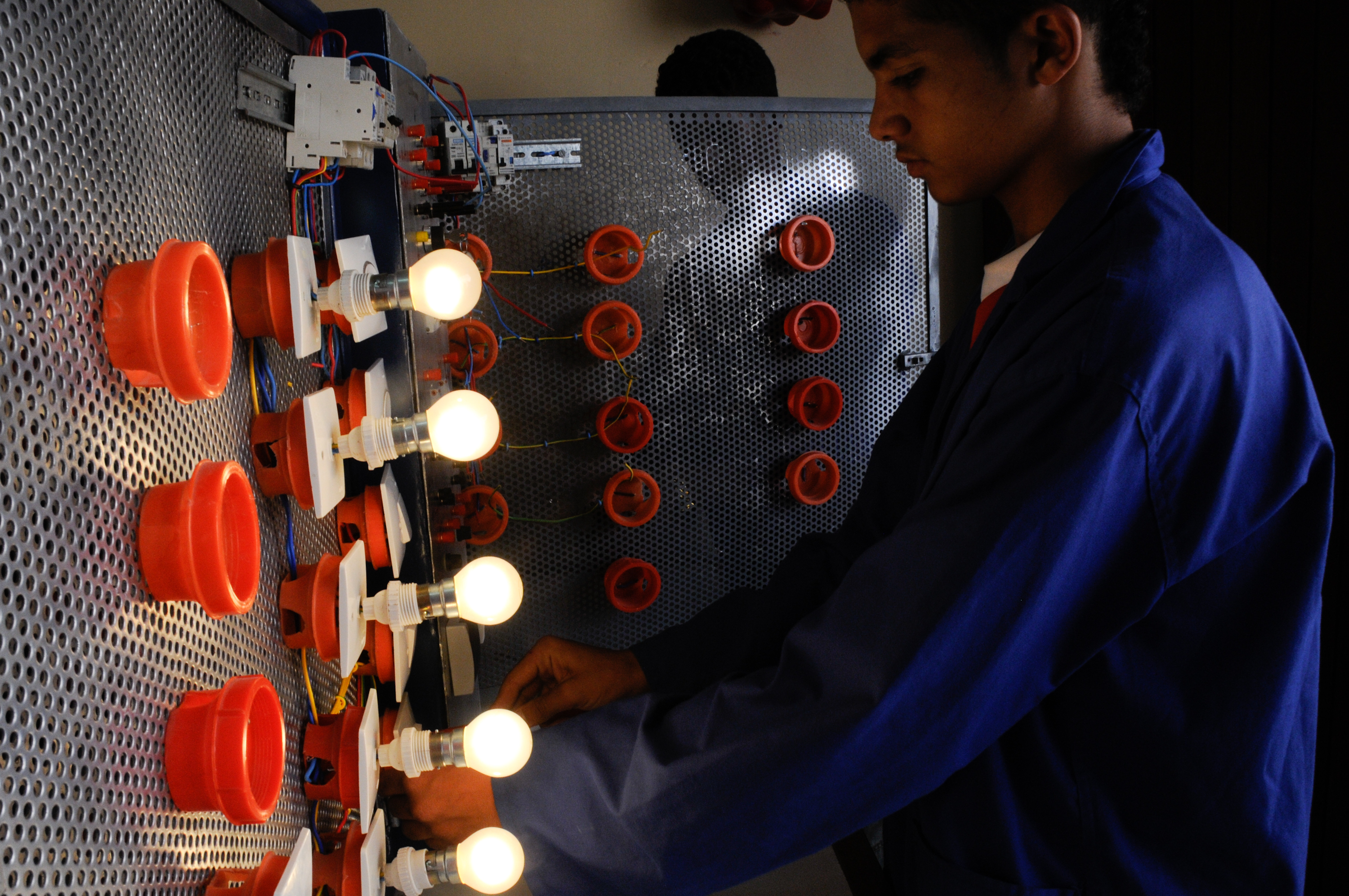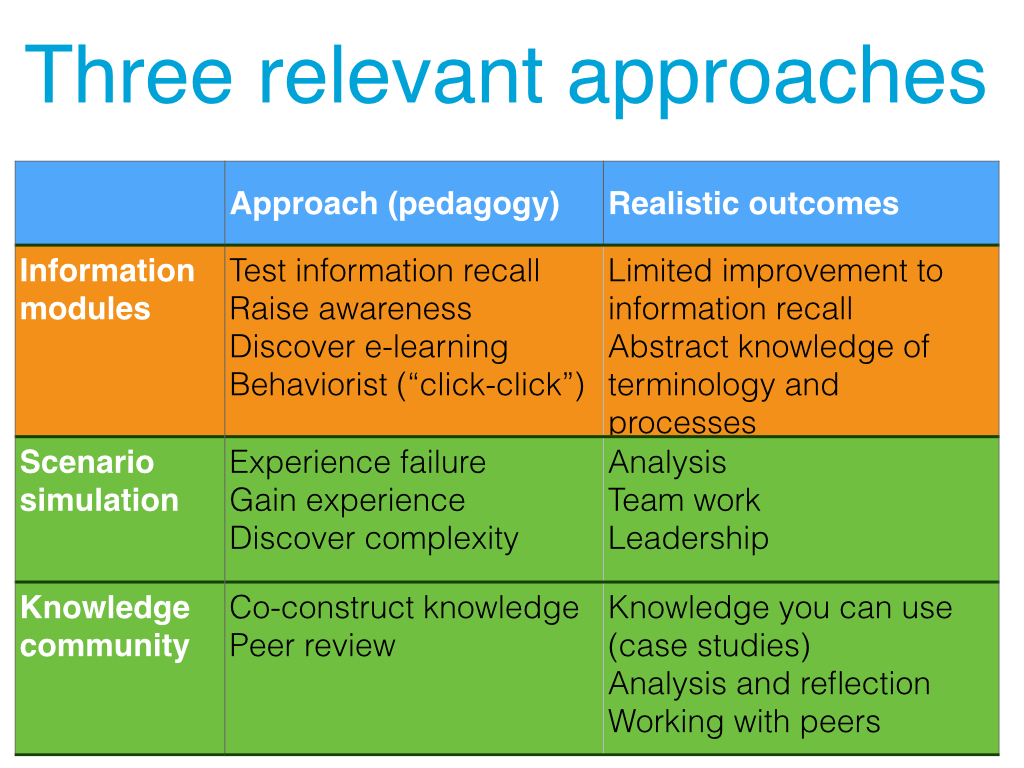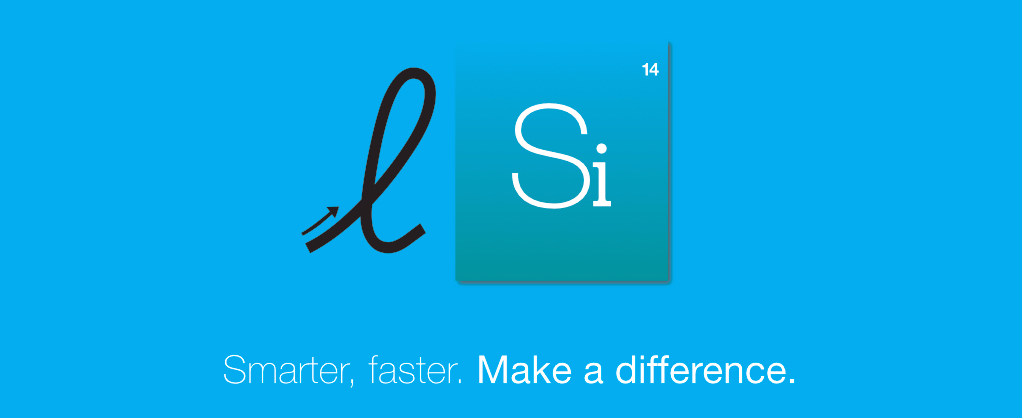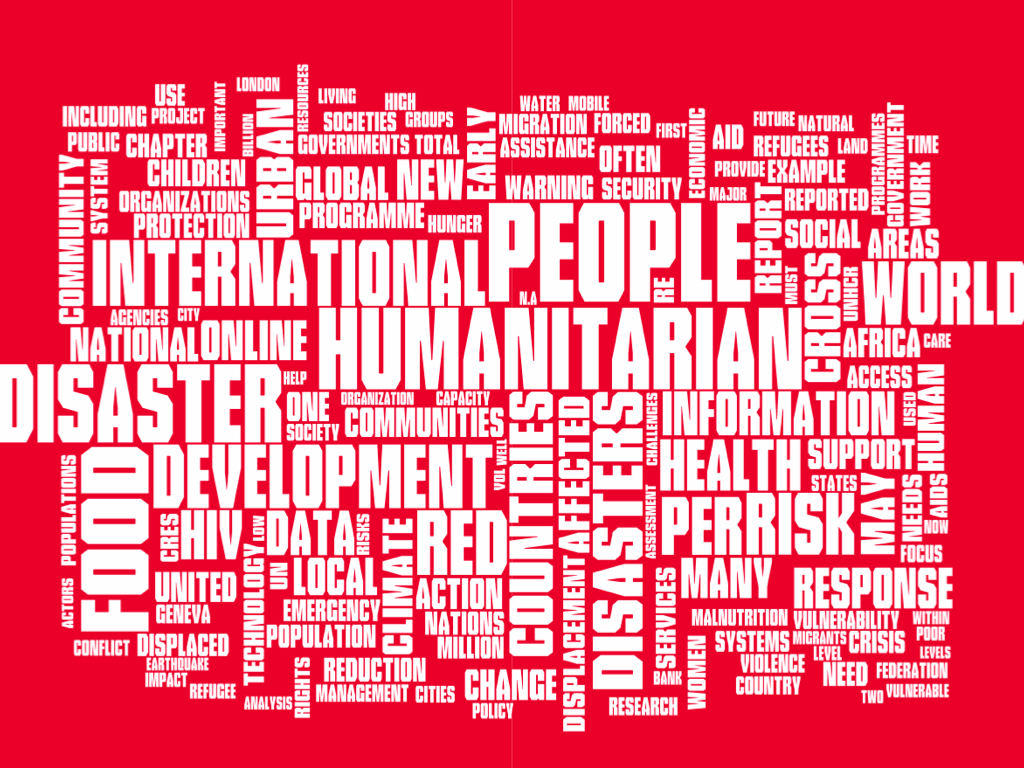
Learning is the acquisition of knowledge, skills and competencies (behaviors) through experience and study. We all want to learn, so why is it so difficult to stop work to make time for learning, despite our best intentions? In exploring possible solutions to this question, learning strategy emerges from the existing practices and strengths of the organization – together with a diagnosis of where it needs to improve knowledge performance.

